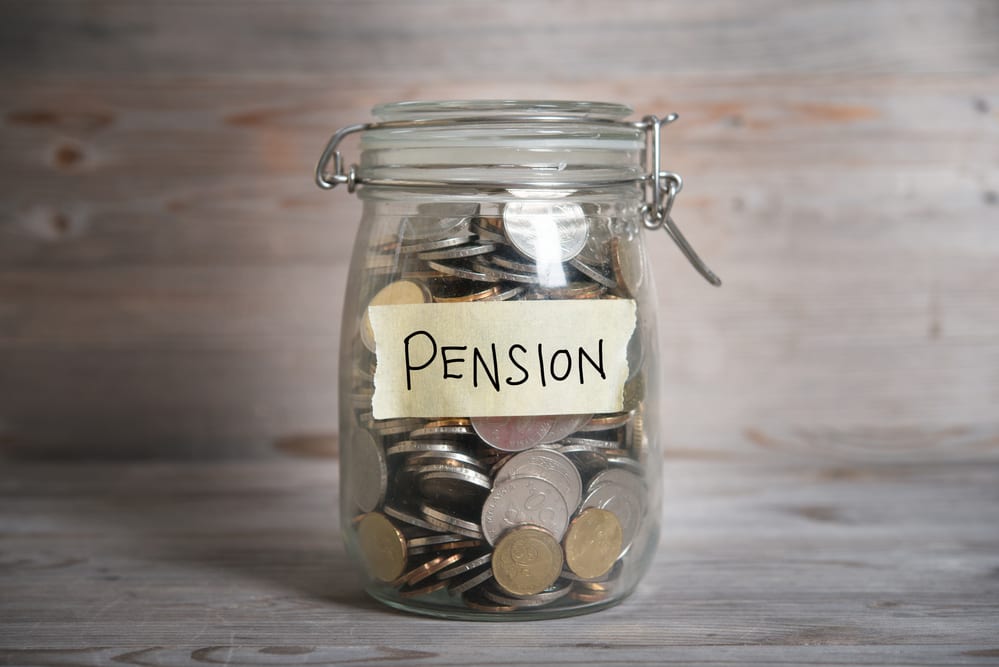There are advantages and disadvantages to being self-employed. For some people becoming their own boss is the best thing they did during their working life, and for others, they prefer not to have the responsibilities that accompany working for yourself.
Some people get very nervous about the thought of having to deal with Revenue, about having to fill in tax returns, and if their business grows, having to employ other people. However, being your own boss can mean more freedom in the work you undertake, the hours you work, and no one is going to stop you from taking a day off if you want one.
Accountants are there to help you deal with your financial affairs and to make sure your returns are accurate and filed on time. They will be able to advise you about what expenses you can claim, what sort of records you need to keep, and should generally save you more than they cost you as well as providing you with peace of mind.
They will also advise you of ways you can save tax, which is something we all want to do. One way to help keep your taxes down is to pay into a self-employed pension. This will not only help to reduce your tax bill, but it’s also the best way to save for your retirement.
Do the Self-employed get a pension?
You are entitled to a state pension if you are self-employed. It will be based purely on your social insurance (PRSI) contributions, which for self-employed people are known as Class S. In the current year, 2020, you can expect your self-employed state pension to be a maximum of 243 euros per week. At the moment the age at which you would receive a state pension is 66 with changes being considered for the future to increase this to 67 and eventually 68.
There are special rules that apply for the self-employed relating to the date contributions were started, the all-important date being 6th April 1988. People who were already self-employed at that time will have their pension calculated in a slightly different way to those who started self-employment after that date.
When you are employed you will often be paying into a pension scheme through your employer and they will be contributing as well. When you are working for yourself, you need to get into the habit of contributing to your own self-employed pension to ensure that your income after you retire is capable of providing the lifestyle you want.
Reasons to begin self-employed pension contributions
There are several reasons why it makes sense to begin self-employed pension contributions, but the most compelling is definitely to maximise your quality of life after retirement. Whether you want to travel, spend time on hobbies, or help out your children, being able to live how you want is a huge bonus. A few other benefits of a self-employed pension are:
- You will experience a sudden drop in income when you retire if you have not prepared for it. Research shows this could be a drop of up to 70% of your earned income.
- You can enjoy the benefits of your self-employed pension from the age of 60. This will allow you to retire sooner than when the self-employed state pension will become due. Or of course you could claim the benefits from your self-employed pension and continue working if you wish.
- You can claim tax relief on your self-employed pension contributions, any growth in your pension pot will not be taxed, and within Revenue limits, you may get some of the pension paid tax free.
- Having a self-employed pension will not reduce your state pension entitlement so will increase your income overall.
As with all pensions, whether you are self-employed or not, the sooner you start contributing the better your retirement will be. This is one of the reasons the tax-free percentage you can contribute increases with age, as the older you are the more you might want to bolster your pension pot.
Navigating the minefield
Once you have decided to start a self-employed pension, the next question has to be where to go to get the best advice on companies, types of pension schemes, and the level of contributions you should be making.
When you are self-employed there are three main types of pension scheme to choose from – a Personal Retirement Savings Account (PRSA), a Personal Pension Plan (PPP) or a Self-Administered Pension Scheme (SAPS).
It depends on your circumstances and goals as to which type of self-employed pension would be best for you.
As well as the type of pension, you need to consider what you want from retirement so that a plan to achieve your goals can be put in place.
Starting a self-employed pension is not something you should do without getting the advice of experts in these matters. Different pension companies charge varying amounts, which needs taking into consideration when choosing the right pension for you.
You need to approach a reputable company that specialises in financial advice. They will understand far more about pensions as it is their job to know, just as it is yours to know your trade or profession. In Ireland, they have to be certified to be able to give financial advice. To become a Certified Financial Planner, they have to pass exams and have the required experience.
When you contact Mason Wealth Management you have the peace of mind of knowing that we have all the required qualifications and more than 20 years’ experience in helping people deal with all aspects of financial planning, including self-employed pensions. Our business is built on the long-term relationships we build with our clients, putting your needs and goals at the heart of every decision.




